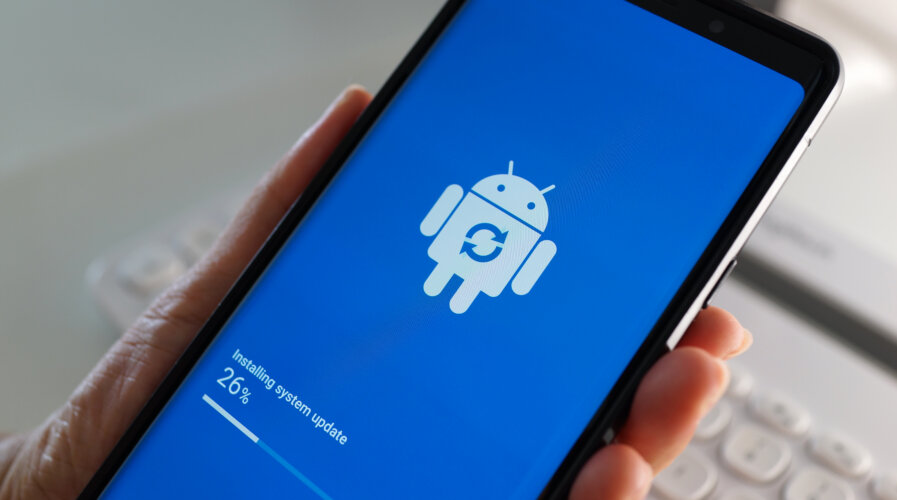
Phone hacking: Five signs to check for Android usersSource: Shutterstock
Phone hacking: Five signs to check for Android users
- Phone hacking is common, especially among Android devices, so users need to check now and then for signs of device compromise.
- Hackers often target Android because its operating system powers many mobile devices today.
Phone hacking is more commonplace today than it ever was before, and a check online shows that devices powered by the Android operating system are still far more vulnerable than its counterpart, the iOS. Android has had a long journey toward securing its Play Store, where developers are granted more freedom.
For starters, Android’s open Google Play Store marketplace has far more apps to choose from than Apple’s App Store. Android devices also rely on open-source code, meaning that the owners of these devices can tinker with the operating system of their phones and tablets.
But, hacking is more possible if the phone runs on Android, and without proper checking, there’s a far greater chance that hackers can distribute malware through malicious apps. Statistics over the years also prove that Android remains the top target for internet attacks despite the progress in security measures.
To top it off, since the world has gone mainly mobile, so have fraudsters. Of the world’s cyberattacks, around 60% are initiated on mobile devices, according to RSA Security. What’s more alarming is that about 80% of attacks against mobile devices take place via apps.
A separate statistic by Kaspersky shows that over 98% of mobile banking attacks target Android devices, which is no surprise. “Android is the most popular mobile platform in the world (over 80% of the global smartphone market). Also, Android is the only popular mobile platform that allows users to side-load software,” Kaspersky said.
As for iOS, every app on the Apple App Store has always been closely inspected, to begin with. That practice has reduced the number of apps available and helped reduce malware-riddled apps and security issues. But iOS being considered more secure doesn’t mean cybercriminals can’t hit Apple devices with malicious software.
How to check if there was hacking on your phone?
Suppose you suspect your Android phone has been hacked. In that case, you should immediately take steps to secure it, such as running a malware scan, uninstalling any suspicious apps, and resetting your phone to factory settings if necessary.
There are several signs that Android users should look out for if they suspect their phone has been hacked. Firstly is battery drain. If you notice a sudden and significant decrease in your phone’s battery life, it could be a sign that it has been compromised. Malicious apps or processes running in the background can consume lots of battery power.
Secondly, if your phone uses more data than usual, it could indicate that hidden apps or malware are using your phone’s data plan to send information to a remote server. Regardless of the operating software, these first two factors are standard for any smartphone.
But for Android, check for pop-ups and ads as that could indicate that hacking activities are taking place. Therefore, if you start to see pop-ups, ads, or notifications that are unusual or unexpected, it could be a sign that your phone has been infected with adware or malware.
Most smartphones, once hacked, will be running slower than usual. It is a sign that malicious apps or processes are running in the background. And if you also notice that your phone is behaving strangely, such as turning on and off by itself, sending texts or emails without your knowledge, or making calls on its own, it could be a sign that your phone has been compromised.
READ MORE
- Ethical AI: The renewed importance of safeguarding data and customer privacy in Generative AI applications
- How Japan balances AI-driven opportunities with cybersecurity needs
- Deploying SASE: Benchmarking your approach
- Insurance everywhere all at once: the digital transformation of the APAC insurance industry
- Google parent Alphabet eyes HubSpot: A potential acquisition shaping the future of CRM


